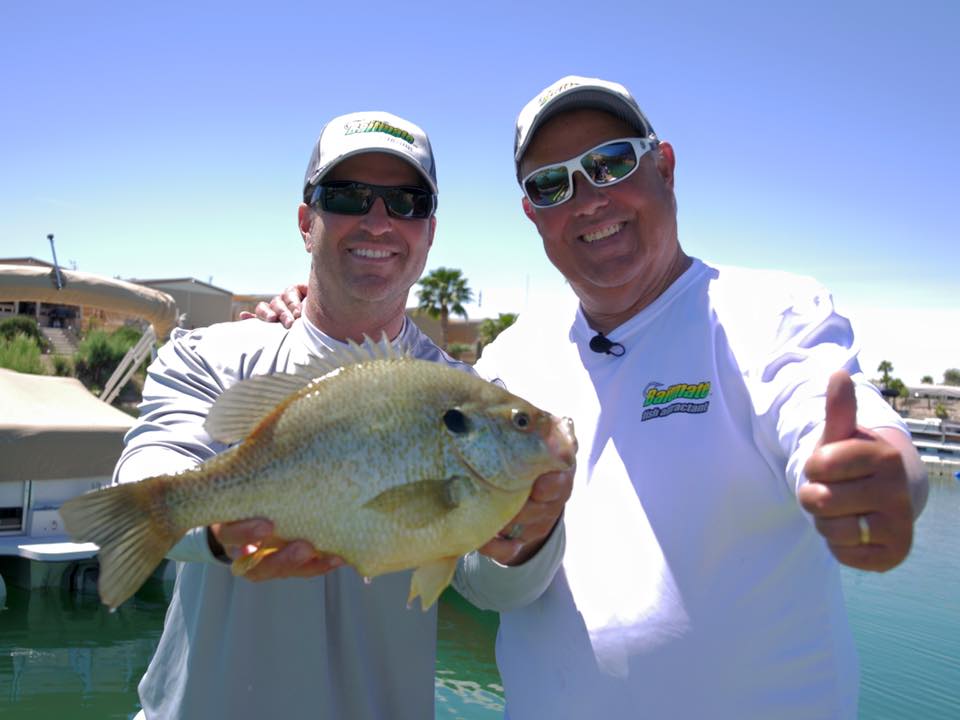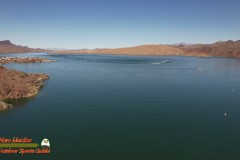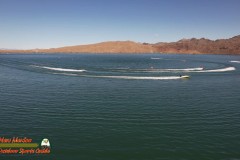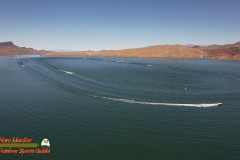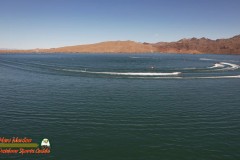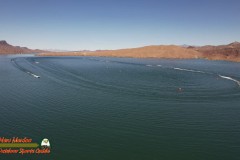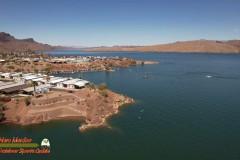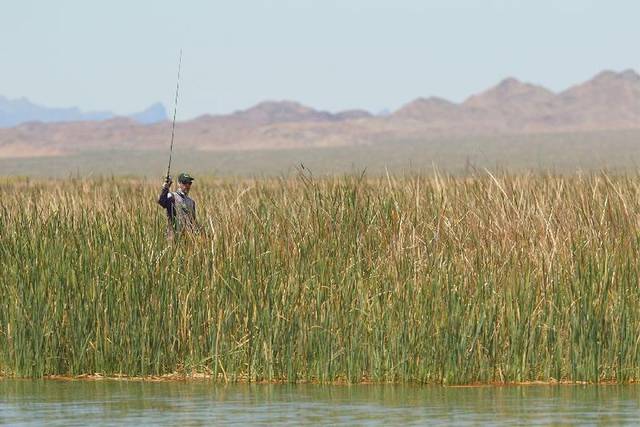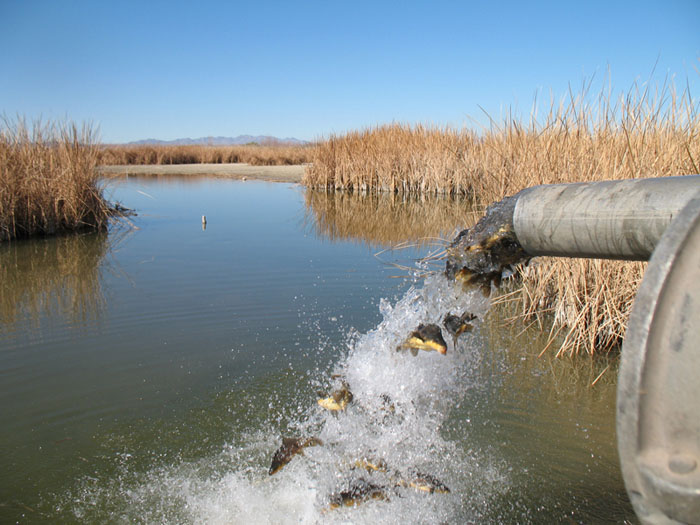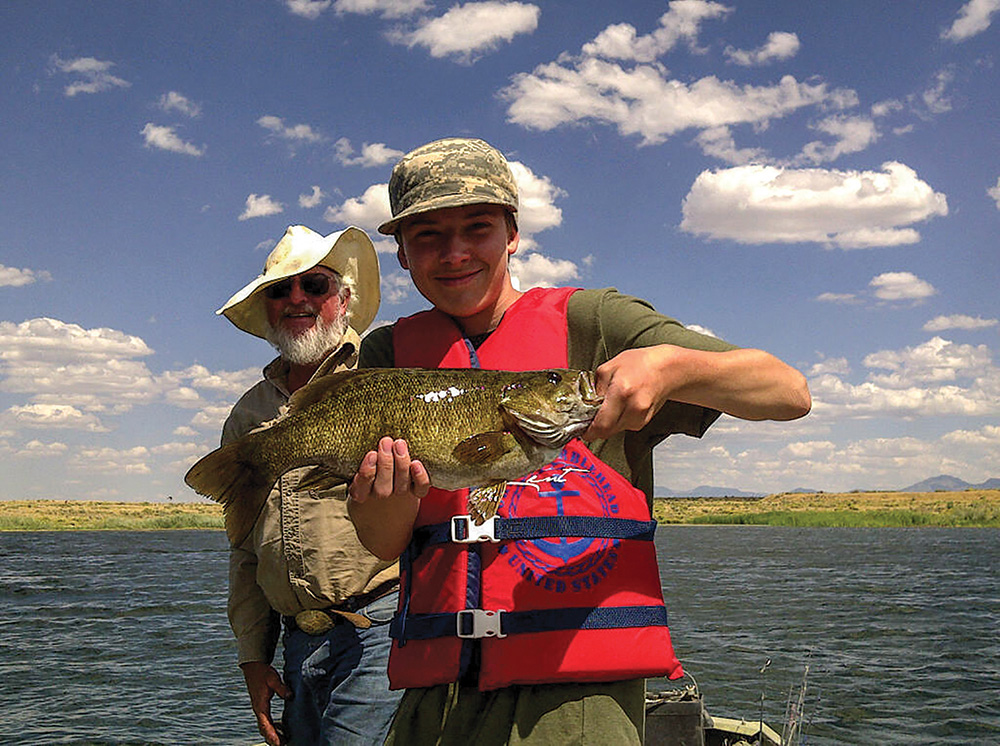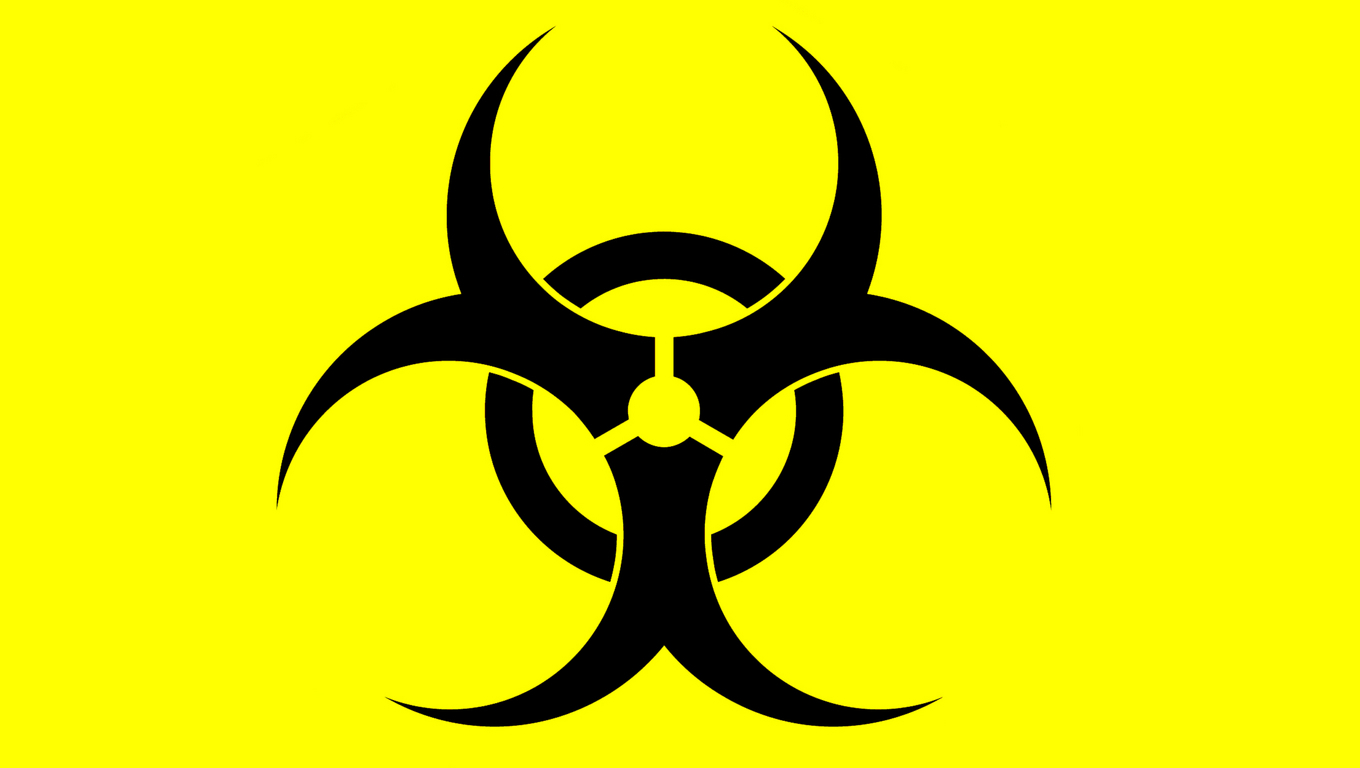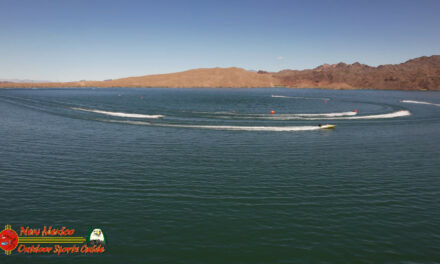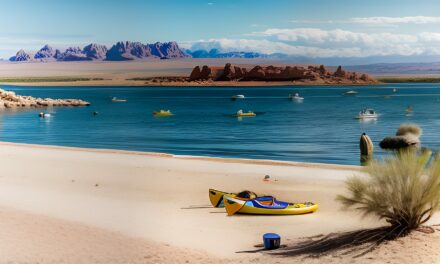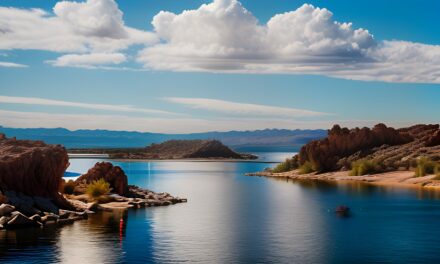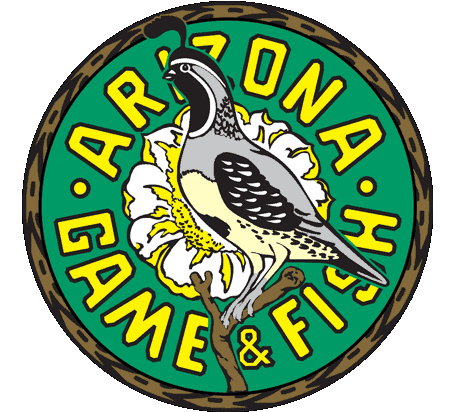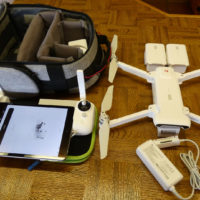The largemouth and smallmouth Bass fishing should continue to be great. This year’s electrofishing survey conducted by the Arizona Game and Fish Department and the California Department of Fish and Wildlife showed abundant bass with an adult population that should provide great fishing now and a juvenile fish population that anglers will be able to catch for several years to come.
Lake Havasu continues to be ranked as one of the top-25 places to fish for bass in the country! Even during January, tournament anglers have needed five fish bags weighing around 20 pounds to win the tournament and it has not been uncommon to catch bass of more than 5 pounds and some even approaching 10 pounds.
Fishing will pick up as the water temperatures warm up during the spring from the upper low 60s in early March to the upper 80s in May. To catch largemouth bass use top-water lures such as frogs or walk-the-dog type of baits, or spinnerbaits in the early morning and then switch to jigs, crankbaits, or swimbaits as the day progresses. Using plastic baits that resemble worms, crawdads, frogs, or lizards often work well. It is generally best to fish around structure such as weedbeds, emergent vegetation, boat docks, or artificial habitat.
For smallmouth bass it is usually best to fish rocky points, ridges, shorelines, or canyons. Most people use topwater lures, lipless crankbaits or jigs in the mornings and evenings. During the day try crankbaits, plastic worms or “creature” baits such as fake crawdads.
Striper fishing has been getting better in recent years. We have lately been hearing more reports of easy limits of small fish, with the chance at a 15-plus pound fish. Using live shad for bait is a good bet any time of the year. During March, stripers will probably be found in deeper water, and fishing on the bottom or trolling with live shad or cut anchovies should be a good bet. When the water warms closer to May, fishing top-water lures that resemble shad near “boils” or where birds are actively feeding is going to be your best bet for some exciting action.
The redear sunfish fishing in Lake Havasu should continue to be world class and the March to May time period is generally the best time to target these large panfish! Lake Havasu continues to host the state and world record for redear sunfish with a monster of 5 pounds and 12.8 ounces caught back in 2014. Redear sunfish in the 2-pound range and larger are regularly caught: During our 2017 fall survey we captured several fish of more than 3 pounds. Bluegill and redear can be caught around structure such as docks, vegetation, or artificial structure using mealworms, night crawlers, or small crappie jigs.
Channel catfish are widespread in the lake and can be caught using nightcrawlers, anchovies, chicken liver, stinkbait or about anything that “stinks.” Fishing for channel catfish will get better as the spring progresses and the water warms.
For flathead catfish, it is best to use live bait such as bluegill or small common carp. Flathead catfish are relatively uncommon in the upper part of the lake, but much more abundant in the lower half, especially in the vicinity of the Bill Williams River arm of the reservoir. Flatheads can be caught any time of the year but your best bet will be at night during May.
Large carp are abundant in the lake and can provide some exciting fishing. Twenty to 25-pound Carp are not uncommon. Most people use canned corn or dough balls.

